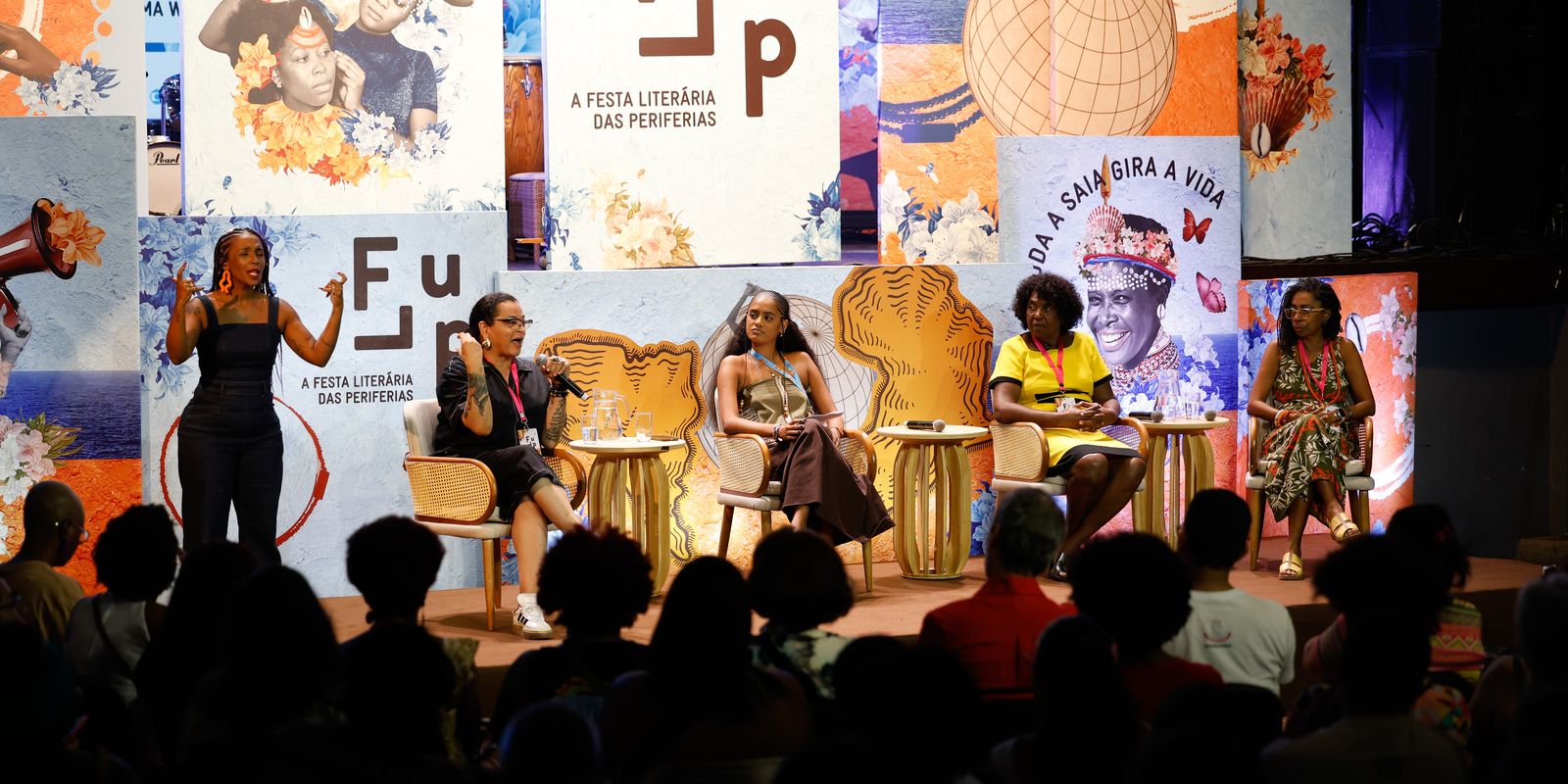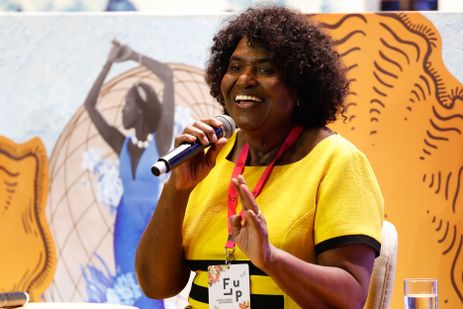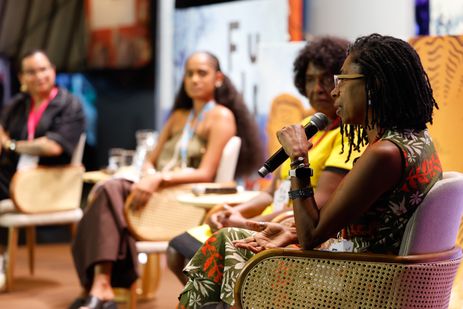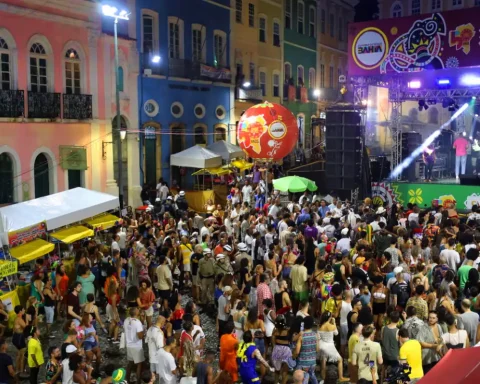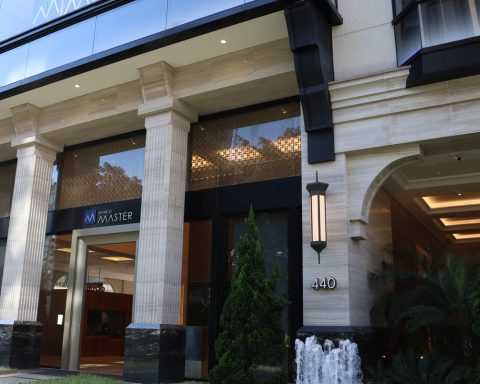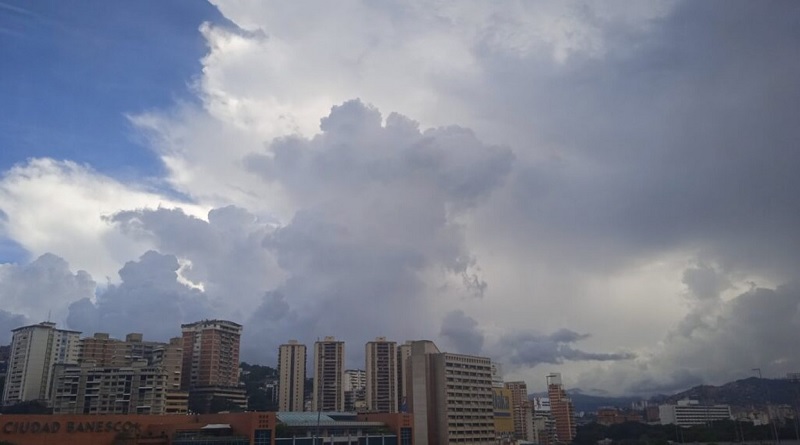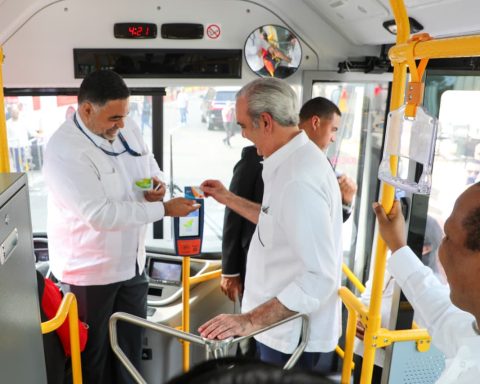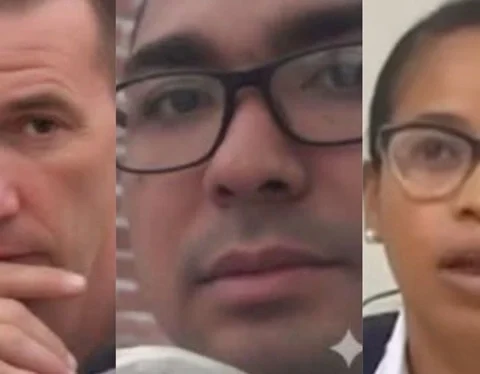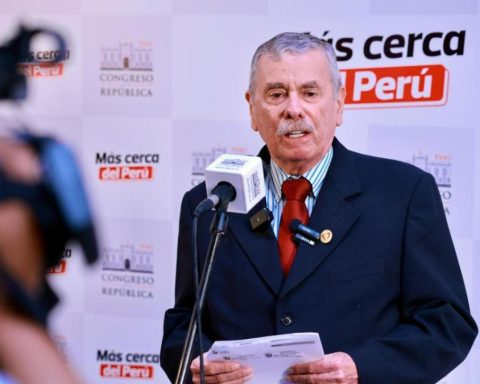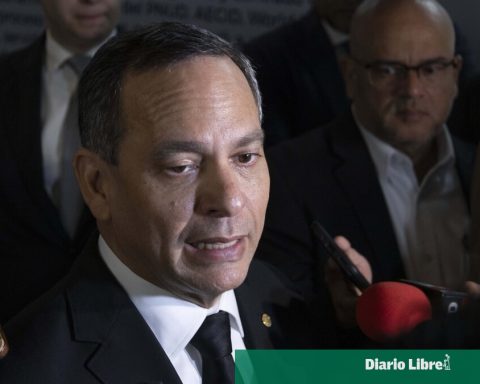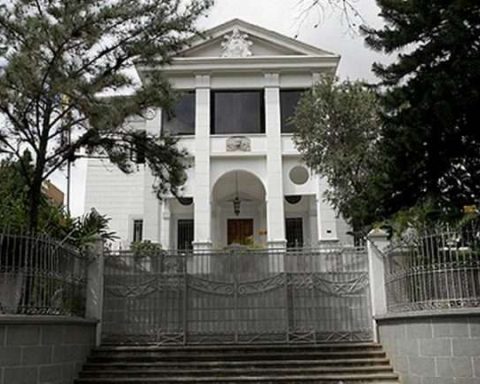The 14th edition of the Festa Literária das Periferias (Flup) began this Monday (11), in Rio de Janeiro, with more than 90% of the program made up of black women. At the opening, the highlight was the debate on issues on global and Brazilian peripheries, such as racial and ethnic, gender and climate issues.
Flup will be held between November 11th and 17th, and will feature the participation of national and international writers, personalities linked to art and academia, training workshops, musical presentations, soirees, publisher launches and performances.
This year’s theme is “Roda the skirt, spin the life”. According to the organizers, there is an alignment with the well-known thought of American philosopher and writer Angela Davis: “When black women move, the entire structure of society moves with them”.
Flup’s opening event was the debate panel “What Do We Want for Yesterday?”, which addressed the main demands and needs of people on the periphery.
Both those from the past, which remain incomplete, and the most current ones brought about by new social dynamics.
The human rights and LGBTQIAPN+ rights activist, Neon Cunha, the federal deputy, Benedita da Silva (PT-RJ), and the executive director of Amnesty International in Brazil, Jurema Werneck, participated in it.
Within the theme, they highlighted the honoree of this edition of Flup: the historian, poet and filmmaker Maria Beatriz Nascimento (1942-1995), who had a remarkable role in defending the human rights of black people and women in Brazil, and is considered an inspiration for the new generation of black writers.
“Maria Beatriz was one of the strong women I was lucky enough to meet, who held hands so that we could win the battles in our quilombos. Because our favelas are nothing more than our quilombos. And there we know that we have to extract strength, energy, knowledge, organization to be able to face whatever comes”, said federal deputy, Benedita da Silva.
“Maria Beatriz created concepts that translated our experience as humans and looked for alternatives. He said that we are also capable of finding answers in the midst of human tragedy. Whether in quilombo as a territory of war, quilombo to pursue peace, quilombo as a strategy for living well. He said that, sometimes, the quilombo also needs to retreat and seek protection”, said the executive director of Amnesty International in Brazil, Jurema Werneck.
Literary Festival of the Peripheries (Flup)
Days: November 11th to 17th
Location: Circo Voador
Address: Rua dos Arcos, s/n, Lapa – RJ
Free entry
https://www.flup.net.br/
